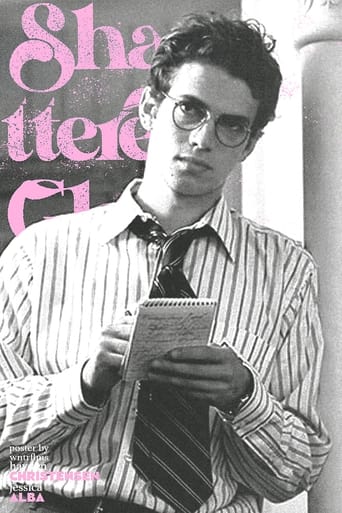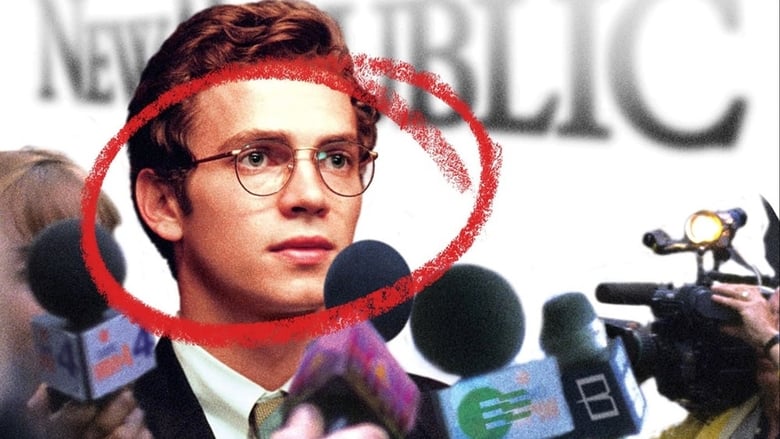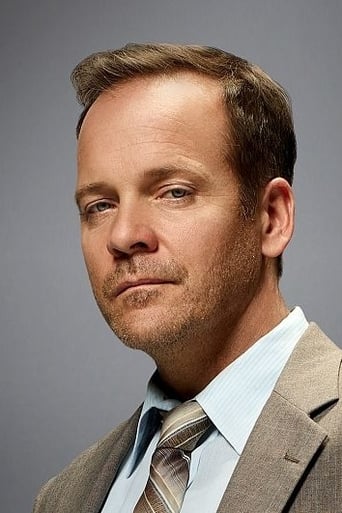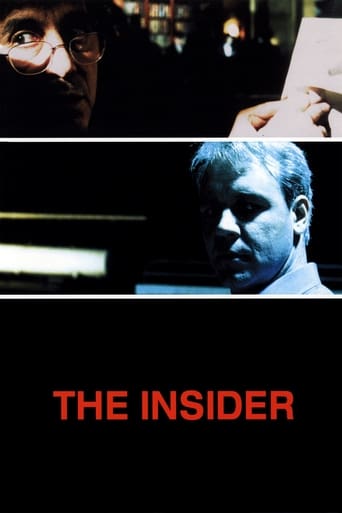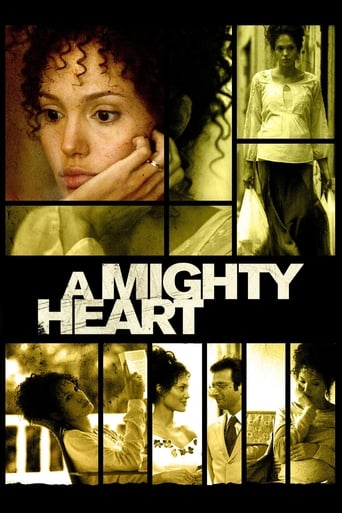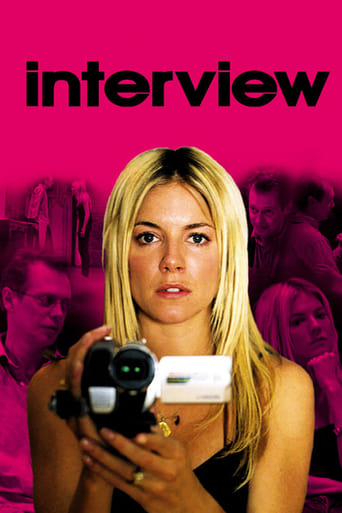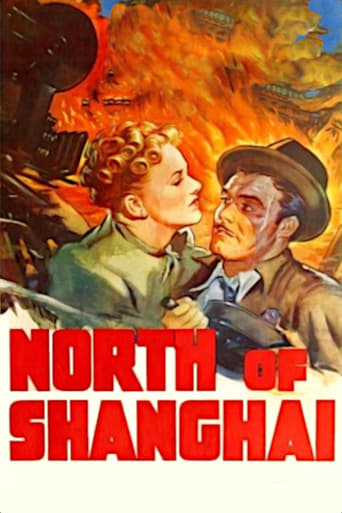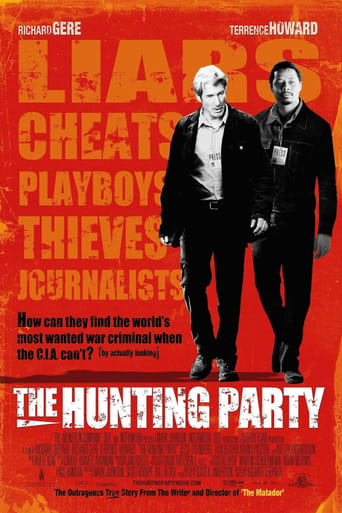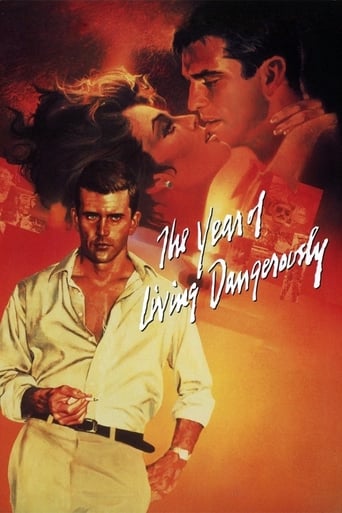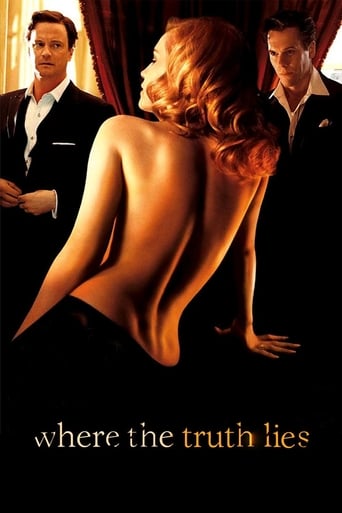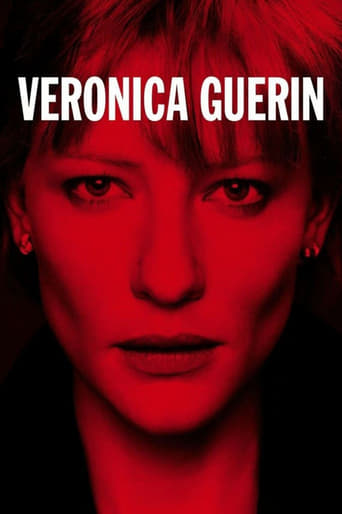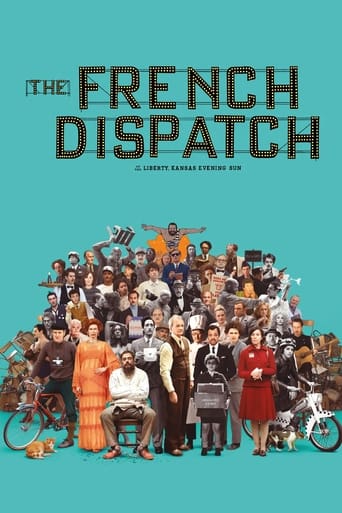Shattered Glass (2003)
The true story of fraudulent Washington, D.C. journalist Stephen Glass, who rose to meteoric heights as a young writer in his 20s, becoming a staff writer at The New Republic for three years. Looking for a short cut to fame, Glass concocted sources, quotes and even entire stories, but his deception did not go unnoticed forever, and eventually, his world came crumbling down.
Watch Trailer
Cast


Similar titles
Reviews
SHATTERED GLASS is a below average thriller, slow moving and predictable with few likable characters and a thoroughly predictable ending. Yet I think you should see it. Because what it gives you is an almost laughably transparent look at how the media elite portray themselves as a sacred brotherhood tested by fire (like the gladiators in SPARTACUS) instead of the spoiled, privileged, ninnies they really are. This Glass guy makes up a few news stories, and when his bosses catch on they run him out of town on a rail. Fine, fair enough. But for heaven's sake, don't act like it doesn't happen all the time! All the big main stream media outlets lie, if not with outright facts then with a smug, self-serving prejudicial slant. They don't call it "fake news" for nothing!I vividly remember serving as a Marine sergeant during Operation Desert Storm, and reading an Op Ed piece from New York Times columnist Anna Quindlen stating that military people like me were "not smart, not rich, not directed enough for college." This hurt a lot, not least because I had just graduated from Columbia College, an Ivy League School! But who needs fact checking when you've got money and privilege? The lies in the editorials suggest there's a lot of truth shading in the articles too. Everyone who writes for classy outlets like the Times and the New Republic goes to the same kind of schools, eats the same kind of food, wears the same kind of clothes, and thinks the same kinds of thoughts. They're all heavily invested in the "myth" of impartial journalism, precisely because it empowers them to go on lying about who they are, where they come from, and how much contempt they have for ordinary Americans. So as you watch this movie, ask yourself what the agenda really is. Some dumb kid gets caught doing what everybody does, and the movie treats him like he's the second coming of Jeffrey Dahmer. Meanwhile, check out a classic baseball movie like EIGHT MEN OUT, about the guys who threw the World Series in 1919. It's the same concept -- professional ethics in peril -- but hey, those guys are just dumb jocks. And we all know blue collar losers aren't REALLY grown ups.
the media. the price of success. the need to impose your name to the others. and the chosen way to become famous. Hayden Christensen does a great job. his character remains the same. but the perception about him knows profound change. and this is the most provocative detail. because the viewer is implicated in the definition of verdict about Glass. not an easy thing in contemporary fight for rating, online/outline media who impose different versions of success for rating, in the time of superficiality and hungry of success with reduced effort. more than a good film, its virtue is to be useful support for reflection about near reality. the story of Glass could be remind of old myth of Faust. in same measure, it is interesting introspection in the circle of news makers who risk to becoming makers of truths. so, more than useful analysis about the fall of a star, remember of talent of Christensen or fatal error. a clear portrait of reality perception with the help of media.
Stephen Glass (Hayden Christensen) is a young ace reporter for The New Republic. The magazine is heralded as the inflight magazine of Air Force One. Glass is personable and his stories are fabulously enticing. He expertly weaves his fables with panache. Chuck Lane (Peter Sarsgaard) is originally a reporter, but then gets elevated to editor. Chuck is the exact opposite of Glass. He is reserved, and stickler for the work. As a reporter, he struggles to keep up with Glass's flashier stories. As an editor, nobody trusts him. When Glass's article on computer hackers is questioned by an online publication, things spin out of control.The true story is shocking. And the movie portrays it with realism. This is probably Hayden's greatest performance. He has the boyish charm that makes all those lies believable. But he also has a twitchy quality about him. It's also believable that he made up all those lies. This is infinitely better than the Star Wars debacle. Peter Sarsgaard has that quiet intensity that is perfect for his role.The only thing I didn't like was the older lady at the end when she says that if only they had pictures.... That's not necessarily any solution. Pictures can be doctored just as easily. And pictures can distract any fact checkers. I don't know if somebody actually said that in real life. But it's one line that I'd rather cut out.I think it's too bad that Hayden Christensen will always have the Star Wars movies hanging over him. It overshadows some good work in this movie. He needs to find these types of roles that can challenge his acting skills.
"Once a liar, always a liar", my father once told me. Lying can be very deadly to people. You start off by only telling one lie, then end up having to tell another just to verify the first one. That is where the domino effect begins, you have to keep making up lies over and over again just to protect yourself. Instead, you just end up spinning yourself into a web that you can never really seem to untangle without hurting everyone around you. In the movie "Shattered Glass", a young writer by the name of Stephen Glass, got an amazing job as a journalist for the popular magazine The New Republic in his early 20's. His career hit off and he wrote 41 stories that bring an exciting new touch to the magazine. People loved reading his articles, until one day Mr. Glasses life came crumbling down. Twenty-seven out of forty-one article were either partially or completely fabricated. The New Republic could not tolerate this because they did not support non-fiction what-so-ever. Stephen found himself lying about everything just to cover up his tracks. He wanted a short cut to fame, but just wound up friendless, jobless, and completely untrustworthy. He would never be able to find a successful journalist career after that, because his word wasn't worth anything anymore. I thought film was alright (I would probably give it a 7.5 out of 10). It was based off a true story, which I enjoy a lot in films, and it has a really good ending. It also teaches a good lesson about lying and how the sweat and tears are worth the outcome. Cheating your way never works, you will end up at the bottom faster than you got to the top. You should never put yourself in a web of lies, because as my father once also shared with me, "honesty is the best policy".

